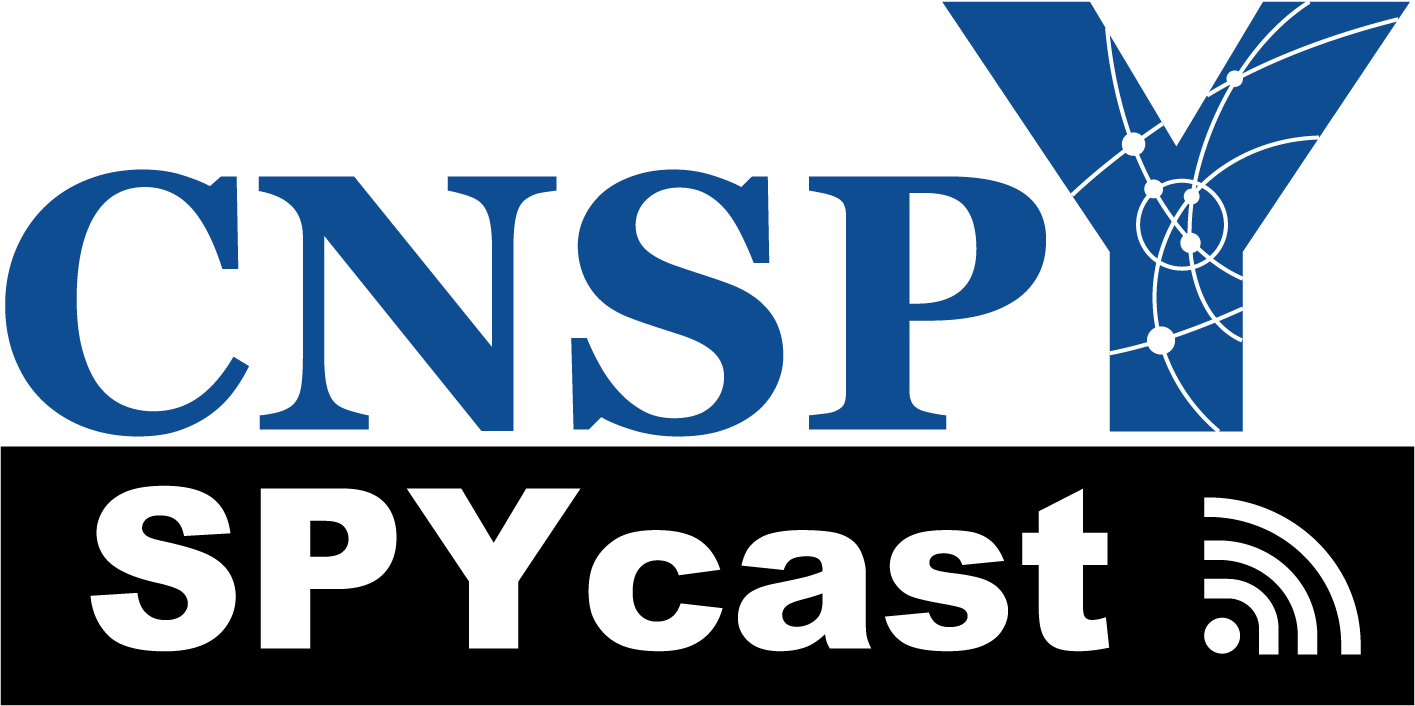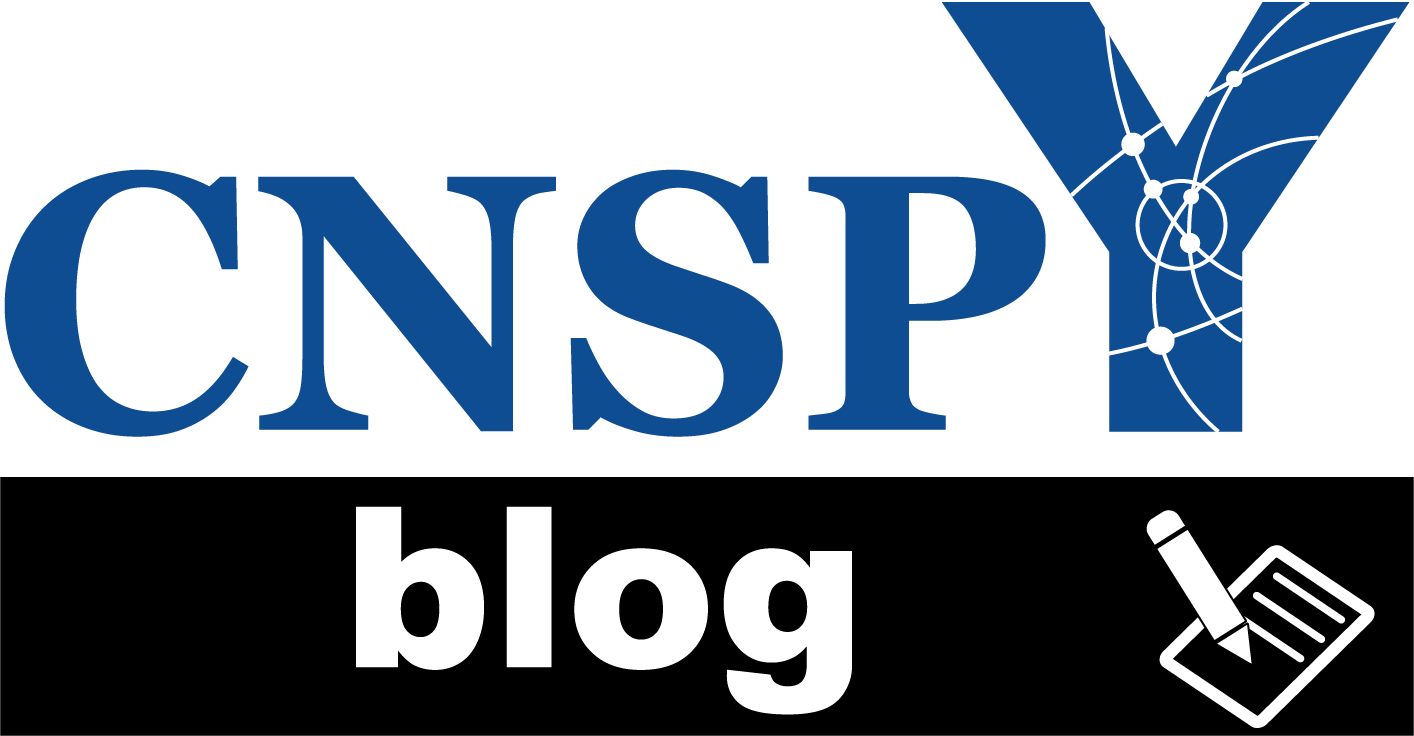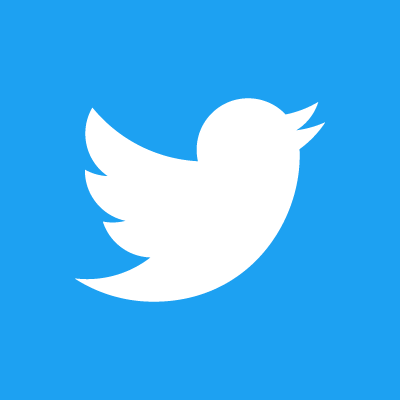A few weeks ago, I attended the SciPhD Workshop, delivered by Randall Ribaudo, PhD. Co-sponsored by CNSPY, the Office of Career Strategy, and the Office of Postdoctoral Affairs, the purpose of this workshop was to help scientists with a PhD find positions in non-academic jobs, especially in industry. The workshop unveiled some eye-opening misconceptions about making the transition from academia to industry. While I can’t recapitulate all the information provided by Randall Ribaudo (the workshop was 4 hours long), the lesson that stuck with me the most is that the transition to industry requires a shift in language.
This might be surprising if your main worries about job applications are whether you have impressive accomplishments, relevant experiences, and whether you can provide concrete evidence that you’re a successful scientist.
It turns out, how you talk about your success matters a whole lot too.
Cultural Differences
If you have already done some research about how to break into an industry career, you’ve probably heard or read a lot about how to write your resume and how to answer interview questions, that is a bit different from how things are done in academia. I used to think of these differences as quirks or a matter of tradition. Academic researchers have CV’s because that’s how universities happen to do it, and industry researchers have resumes because that’s how businesses happen to do it. But research is research, right? It turns out the differences between academia and industry reflect a much deeper, underlying, cultural divide.
Some differences you would expect to find between industry and academia. The environment is different (industry buildings and equipment are probably new), the work pace is different (much faster turn-around in industry), and the goals of the work are different (focus on products and profit in industry). What you might not expect is that industry employees also speak a slightly different version of English than academics do.
I am by no means an expert on the culture of industry. But based on Randall Ribaudo’s advice, I will describe some topics that will require a shift in mind-set and a new vocabulary, as you venture into this foreign land.
Talking about your experiences
Every field has its own way of talking about goals and success. You may have come across this when comparing different fields within academia. For example, a sign of a successful humanities PhD would be a published book, whereas a science PhD is only expected to publish a few academic articles. The number of articles also varies between fields, where the expected number would be much higher for a synthetic chemist than for a neuroscientist. Now imagine something like that, but with a greater paradigm shift, between academia and industry.
Things academics brag about:
- Number of papers published
- Papers published as first author
- Journal in which papers are published
- Number of presentations and invited talks given
- Collaboration with big-name scientists
- Expertise in difficult technical skills
- Reviews, commentaries, or other articles published
- Membership on review committees
- Teaching and mentorship experiences
Things industry researchers brag about:
Honestly, I don’t know what kind of braggery goes on around an industry lunch table. But here are some things they probably don’t brag about:
- Everything on the list above.
Many of the activities that we value in academia, are things you won’t really get a chance to do in industry. There are no classes to teach. There may be mentoring of new employees, but not in the sense of mentoring a student. Although there may be opportunities to publish papers and deliver talks, there is much less of an emphasis on this. Even your technical skills might be less emphasized, because there is a lot of mobility between projects in industry.
If you walk into a job interview and hope to impress the recruiters with the usual academic bragging topics, these are not things they will care very much about.
To grab the attention of a recruiting or HR department, immediately tell them about things they do care about. This would include how your demonstrated skills translate to the job you are applying to, what can you provide that will benefit the company, your knowledge and interest in the company’s goals, and how you would fit into the company’s culture.
Some ways to do this, as covered in previous blog posts, are: Tailor your resume and cover letter to a specific job posting. Reframe your technical skills as soft skills. In other words, tell them about your experiences and accomplishments using the language they want to hear.
Talking about yourself
Another reason to de-emphasize the typical academic bragging points, is that the stereotypical qualities of science PhD’s correlate negatively with leadership success.
A common caricature portrays scientists as dominant, authoritative, independent, and detail and technical-skills oriented. This is contrary to the qualities that are more valued in leadership roles: strategic thinking, clear communication with others, and showing excitement. Scientists are particularly assumed to be poor communicators and poor team workers.
As an academic, you might think that your personality should have nothing to do with your scientific merit. But a hiring manager will definitely take these factors into account when evaluating your potential for success. It’s important to consider what a company wants to get, not just from your scientific record, but from you as a person. So don’t avoid talking about your personality, but actively convince the company that you don’t fall into the awkward, authoritative scientist stereotype.
Randall Ribaudo recommends thoroughly thinking about how you represent yourself and your values, to the point of creating a personal brand. Your brand should have three prongs:
- Scientific/technical identity (what you do)
- Business identity (how you do it)
- Social identity (how you interact with others)
Until this point in your career, you’ve been taught to focus almost exclusively on the first point, your scientific/technical identity. Interviewers will value all three prongs of your brand, so your scientific/technical identity is still very important. But consider your social identity (which I had previously thought about only a little) and your business identity (which I had thought about not at all) to be equally important. If you were like me, you’ve been ignoring almost two thirds of your personal brand!
As you create your brand, target qualities that show your benefit to the company, and aim to defy the stereotypical perception of science PhD’s. While you’re at it, do a Google search of yourself to see how the Internet supports your brand.
Talking about the company
I’ve mentioned a few times that you should cater your language about your experiences and about yourself to what hiring managers want to hear. The company is looking to fulfill its own needs. It follows that you should demonstrate your own interest in fulfilling the company’s needs.
As you prepare for an industry interview, be sure to do thorough research about the company you are applying to. You should be well versed in the company’s main products, new ventures, and any noteworthy or recent news. You should be able to initiate and follow any conversation about what the company does. Also, through your research, you should become fluent in the language they use to describe their products and objectives. Their language will be more business oriented than you are probably used to, and may include some new vocabulary that may take some practice.
Fully understanding the goals of the company will also help you better express your skills and personal qualities in terms of the company’s needs. You can use information on the company’s objectives and work culture, and build them into your own business identity. A useful place to gain insights into the inner workings of a company is GlassDoor, which provides a wealth of information about the interview process, salary range, etc., for specific positions. Ideally, find a member of your network who is or has been at the company, who can give you a detailed, personal account.
Language Matters
In any career trajectory, language matters. You may not realize it now, but scientists have a very peculiar way of speaking. Moving to industry research or any sector outside of academia will require a shift in language and familiarity with a slightly different vocabulary. Every field and career has a different way of speaking about success. During the job search and interview process, it is important to demonstrate that you understand the values and needs of the company, in the language that they are used to hearing.
If you are interested in more insightful advice about the non-academic job search, check out SciPhD online. And keep your eyes open – we hope to bring back Randall Ribaudo for another workshop event next year!
** Think about the language you use during your next job application or interview and let us know your thoughts! **






February 17, 2023 at 12:49 am
Your interviewee may not respond to your request, especially if you only very briefly met them. But at least you tried!
https://www.mywatchesuk.com/
May 19, 2023 at 2:59 pm
Thank you for useful sharing.
vozol 10000
November 10, 2023 at 1:40 am
è passato molto tempo da allora, ma i due istinti del successo di Rolex hublot replica non sono stati travolti dal passare del tempo, dalle nuove mode, ma hanno acquisito negli anni il lustro più ambito, il grande Timeless.
November 10, 2023 at 3:30 am
Given the name 28ti, the watch features a brand new execution for Voutilainen, yet it should feel quite familiar for the Kari faithful. If you haven’t guessed yet, Panerai Replica that is because much of the watch’s movement — which is visible from the dial side, a first for Voutilainen — is taken from the Vingt-8 construction that is easily distinguishable due to the extra-large balance wheel found in the 28ti’s top-left corner.
March 21, 2024 at 1:51 am
Although people can pursue many fields of study knowing their interests and demanding fields is the main concern. Mostly they choose the wrong field of study whether it is academic or any other and struggle a lot while studying because they do not understand the course. To manage the semester they pay for nursing assignment or another subject assignment so students can be able to pass the course with good grades. So before finalizing your industry make sure to do research and note your preferences.